Animal adoption may have evolutionary benefits, but it may also be due to other factors such as empathy or inexperience.
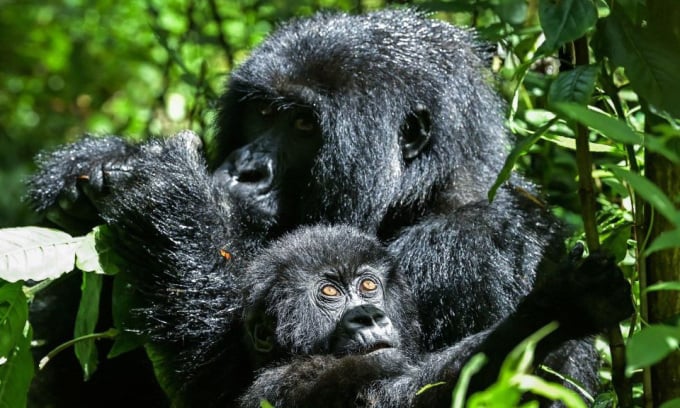
Mountain gorillas ( Gorilla beringei beringei ) live in groups and adopt orphaned calves. Photo: SIMON MAINA/AFP
Caring for an orphaned, unrelated newborn may occur because it provides an evolutionary advantage to the adoptive parent, says Michael Weiss, a behavioral ecologist and director of research at the Center for Whale Research in Washington state. For example, adoption may provide valuable experience for non-parenting females, which could increase the chances of future offspring surviving. Adoption can occur within species or between species, although the latter is extremely rare.
In a 2021 study in the journal eLife , a team of experts looked at the effects of maternal loss on mountain gorillas ( Gorilla beringei beringei ) and found that orphans over the age of 2 formed close bonds with other members of the troop, especially with the dominant male.
Mountain gorillas live in groups, usually consisting of a dominant male, several females, and their offspring. Regardless of whether the dominant male fathers the offspring, his role is to protect the next generation from being killed by rival males.
“Males that are good at caring for their young and doing so in front of females are highly sought after. Caring for an orphaned young may give the dominant male points, increasing his chances of mating and passing on his genes,” explains Robin Morrison, author of the study in the journal eLife and a behavioral ecologist at the University of Zurich.
Morrison says that while female mountain gorillas in a troop don’t necessarily benefit from raising orphaned calves, it doesn’t take much effort because calves over the age of 2 can forage for themselves. Plus, the other calves will have playmates, which is good because it helps them develop social skills.
Adoption is also common among other primates and may help keep groups together. In a 2021 study published in the journal Scientific Reports , a team of experts documented the first case of a great ape, specifically a female bonobos ( Pan paniscus ), adopting a baby from another group. They suggest that this behavior may enhance the social status of the adults.
Another possibility is that, like humans, female bonobos feel empathy and affection for their newborn babies. However, this affection could lead to kidnappings and deaths of the babies if they are caught in a stampede.
Primates can also exhibit caregiving instincts, just like humans do when they see a baby or small animal. This isn't just true of primates, according to Weiss, who spends much of his time studying killer whales ( Orcinus orca ) in the waters around the Pacific Northwest and western Canada.
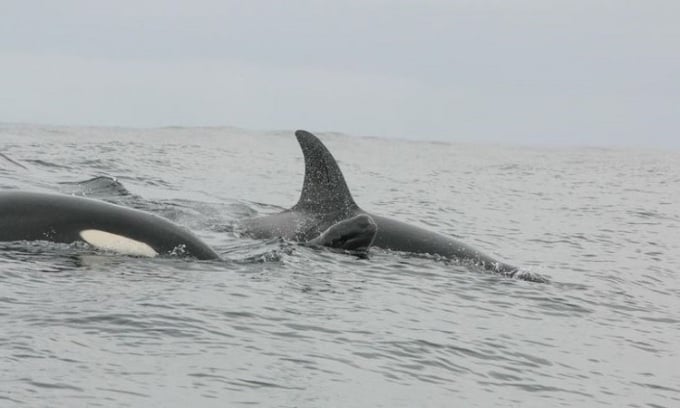
A young pilot whale swims with a killer whale. Photo: Icelandic Orcas
In 2021, scientists in Iceland first spotted killer whales adopting a Globicephala (pilot whale) calf. In June 2023, experts from the Icelandic Killer Whale Project were also puzzled by another female exhibiting similar behavior.
These cases are a "big mystery" because researchers have never seen adults of the two species communicate with each other, meaning killer whales could have kidnapped the pilot whale calves, Weiss said.
One big question is how this benefits the killer whales. Milk production is energy-intensive, and mother killer whales nurse their calves for up to three years. By distracting and depleting the mother killer whale’s resources, adopted calves can also cause problems for their own offspring.
The researchers suggest that the female killer whale may have felt compelled to care for a young animal because she had just given birth. Many other factors could have contributed to the adoption, such as curiosity, high sociality, or inexperience. Inexperience could explain the killer whale's interest in the pilot whale. "It could be a misplaced maternal instinct," Weiss said.
Inexperienced mothers sometimes make mistakes in non-mammalian species. Cuckoos ( Cuculus canorus ) are brood parasites, meaning that females lay their eggs in other species’ nests to save them the trouble of caring for them. In a 1992 study in the journal Behavioral Ecology , the authors found that young females of the greater reed warbler ( Acrocephalus arundinaceus ) were more likely to be fooled by cuckoo eggs than older females.
Thu Thao (According to Live Science )
Source link


![[Photo] President Luong Cuong receives Lao Prime Minister Sonexay Siphandone](https://vstatic.vietnam.vn/vietnam/resource/IMAGE/2025/4/17/337e313bae4b4961890fdf834d3fcdd5)
![[Photo] Warm meeting between the two First Ladies of the Prime Ministers of Vietnam and Ethiopia with visually impaired students of Nguyen Dinh Chieu School](https://vstatic.vietnam.vn/vietnam/resource/IMAGE/2025/4/17/b1a43ba73eb94fea89034e458154f7ae)
![[Photo] President Luong Cuong receives Kenyan Defense Minister Soipan Tuya](https://vstatic.vietnam.vn/vietnam/resource/IMAGE/2025/4/17/0e7a5185e8144d73af91e67e03567f41)
![[Photo] Prime Minister Pham Minh Chinh and Ethiopian Prime Minister visit Tran Quoc Pagoda](https://vstatic.vietnam.vn/vietnam/resource/IMAGE/2025/4/17/18ba6e1e73f94a618f5b5e9c1bd364a8)
![[Photo] Hundred-year-old pine trees – an attractive destination for tourists in Gia Lai](https://vstatic.vietnam.vn/vietnam/resource/IMAGE/2025/4/17/25a0b7b629294f3f89350e263863d6a3)
![[Photo] President Luong Cuong receives UN Deputy Secretary General Amina J.Mohammed](https://vstatic.vietnam.vn/vietnam/resource/IMAGE/2025/4/17/72781800ee294eeb8df59db53e80159f)
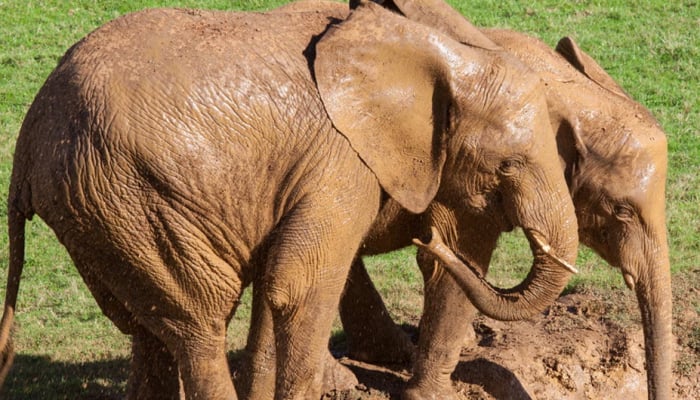



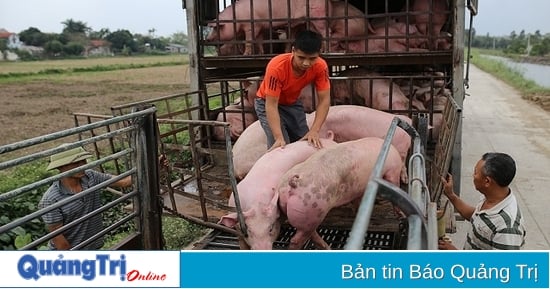


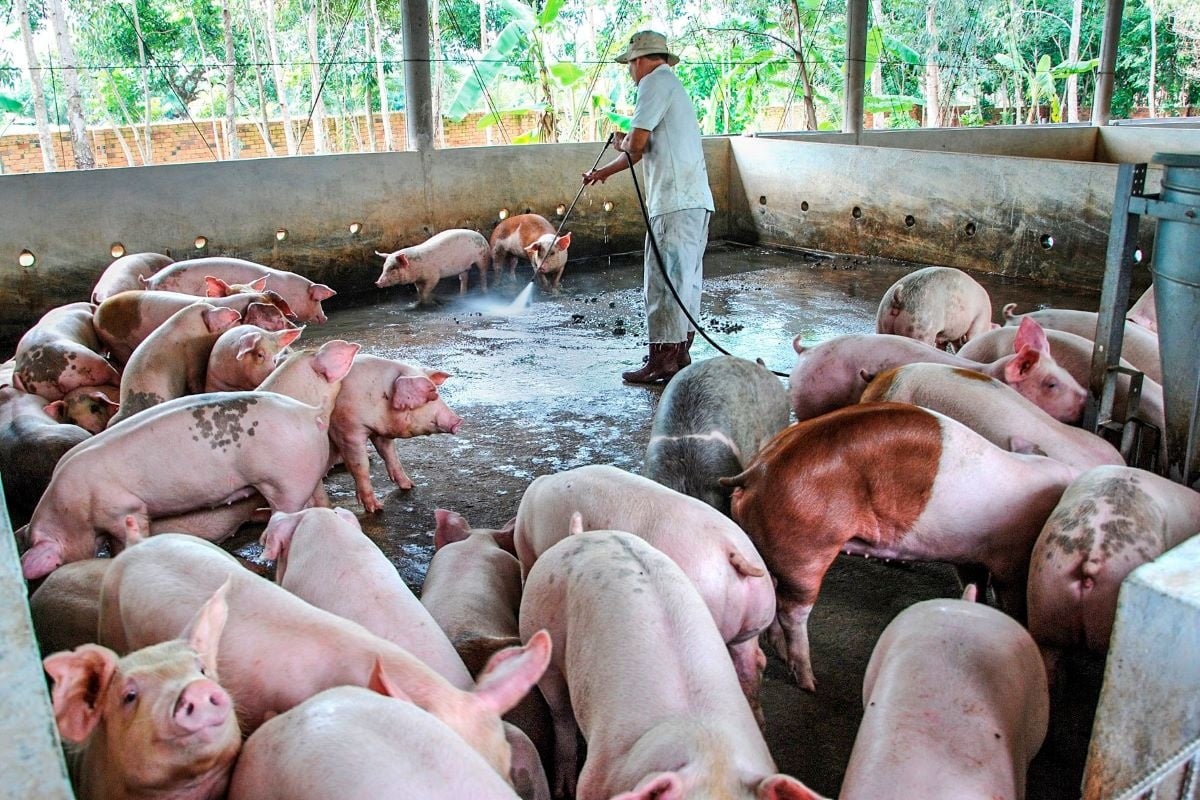

![[Video] For the first time, businesses are not limited in spending from the Science and Technology Fund](https://vstatic.vietnam.vn/vietnam/resource/IMAGE/2025/4/17/c4916ce9668149c1ad4cfa0f81a084ec)



![[Video] Promoting innovative startups in green transformation](https://vstatic.vietnam.vn/vietnam/resource/IMAGE/2025/4/17/76505a79acdb42d085371257649bbdb6)
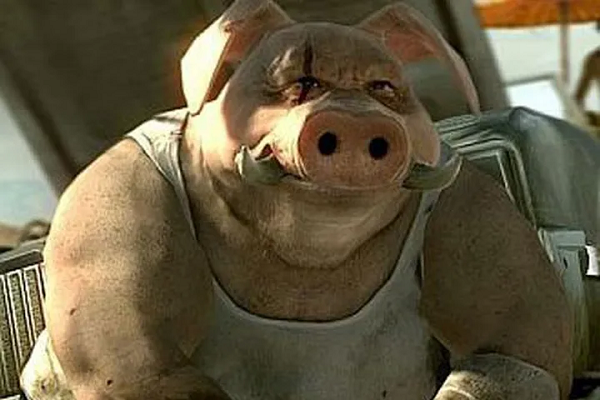






































![[Video] Viettel officially puts into operation the largest submarine optical cable line in Vietnam](https://vstatic.vietnam.vn/vietnam/resource/IMAGE/2025/4/17/f19008c6010c4a538cc422cb791ca0a1)













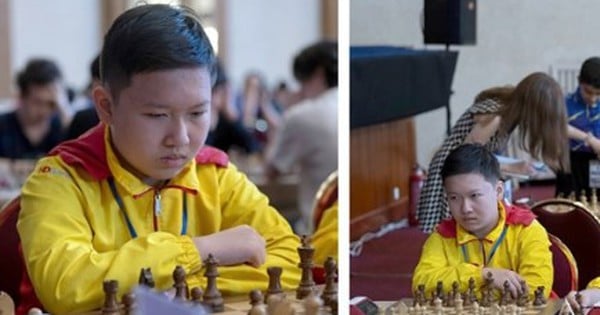
























Comment (0)